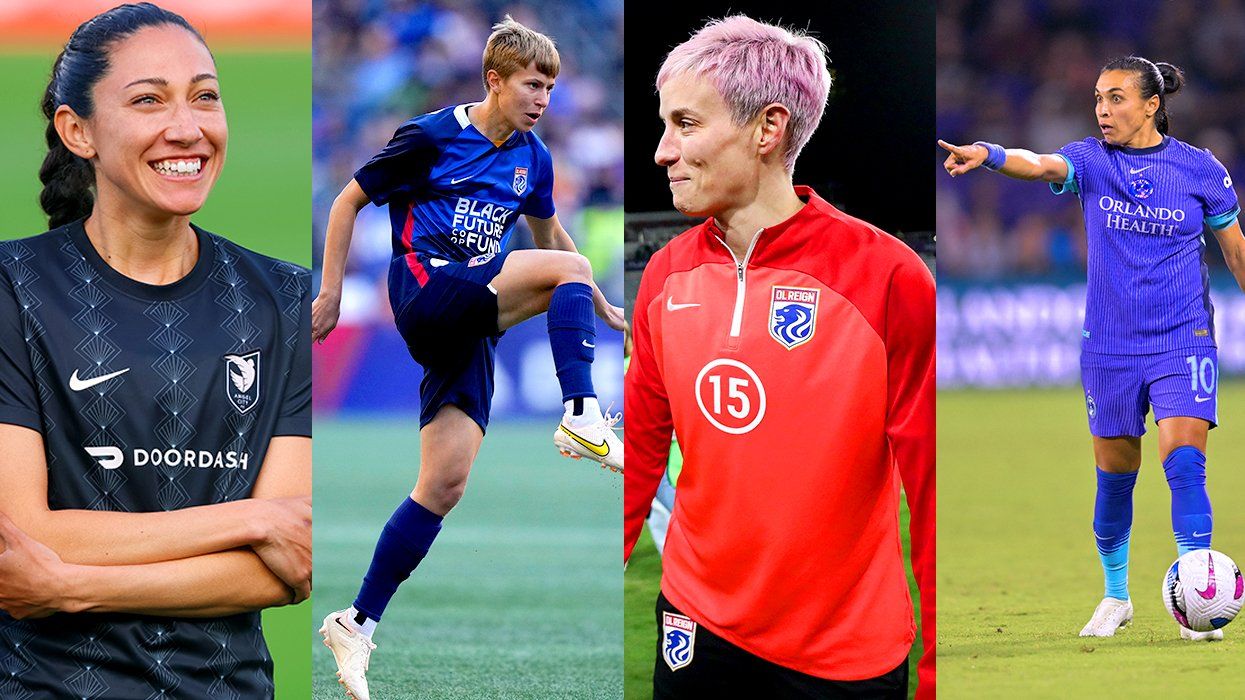As we come to the end of a very difficult month for all of us who care about LGBT youth, the Gay Lesbian and Straight Education Network has received countless inquiries from members of the LGBT community asking how they can help. At the same time we’ve been asked if the recent surge in media reports of suicides is a sign of a new crisis or of media waking up to a longstanding problem. The truth is we really don’t know. What is going on is complex and there are no simple answers.
What we do know is that anti-LGBT bullying has long been a severe public health crisis, especially during the back-to-school season. The consequences of school environments where nearly nine out of 10 LGBT youth are harassed each year because of their sexual orientation have been real and severe for a very long time. (Be alert for signs of depression and suicidal ideation and provide hot line info or referrals. The Trevor Lifeline is (866) 4-U-Trevor.)
The time has come for all members of the LGBT, allied, and school communities to come together to do their part to address the culture of bullying and harassment in our nation’s schools and the hugely negative impact it has on our youth. The urgency is profound and the response must be collective.
As concerned friends, family, and community members and engaged and allied students, we must do our part to help at-risk youth now. Studies show that when a young LGBT person knows she or he has adult support — a teacher, nurse, guidance counselor, or parent — the individual is much more likely to turn to them for help when bullied or depressed. This support frees youth from feelings of isolation.
Those who work in schools must show visible support for LGBT students: attend a gay-straight alliance meeting, discuss October’s LGBT History Month in the classroom, and be visible allies during the upcoming Ally Week (October 18–22). All school personnel must work together to help young people understand the deep impact of words and actions as well as to recognize depression and suicidal thoughts among their peers. By helping young people take responsibility for their actions and respect their peers — and simultaneously empowering them with the knowledge and skills they need to understand when their classmates are in crisis — we can work toward ending the dual epidemics of school bullying and youth suicide once and for all.
We also need federal leadership in support of a culture of respect in all schools. There is important federal legislation pending in Congress to comprehensively address school bullying, the Safe Schools Improvement Act, and to prohibit discrimination against students based on sexual orientation and gender identity and expression, the Student Non-Discrimination Act. Schools must also work to end bullying by implementing inclusive policies and training educators on how to effectively intervene in anti-LGBT harassment, teaching students to respect and help one another, and ensuring that all students know how to reach out to a peer who may be in crisis.
We can all make a difference in young people’s lives. There are a few simple things we can do to show support for LGBT youth in need. Community members can ask schools what resources and supports they have in place for LGBT students, and support those schools that have taken important steps to improve school climate. We must also be active in our local school boards — and respond when those opposed to inclusive environments for LGBT students make their voices heard. And we can all make sure that youth know that there are things they can do to bring positive change in their schools and communities by alerting them to the things they can do now.
The horrible tragedies reflect the growing need to teach respect for all in our diverse society. That can begin now, in communities, schools, and at home by recognizing and addressing the needs of LGBT youth and letting them know they are not alone.
Be SheWired's Friend on MySpace!














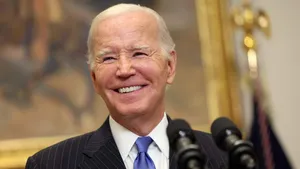





























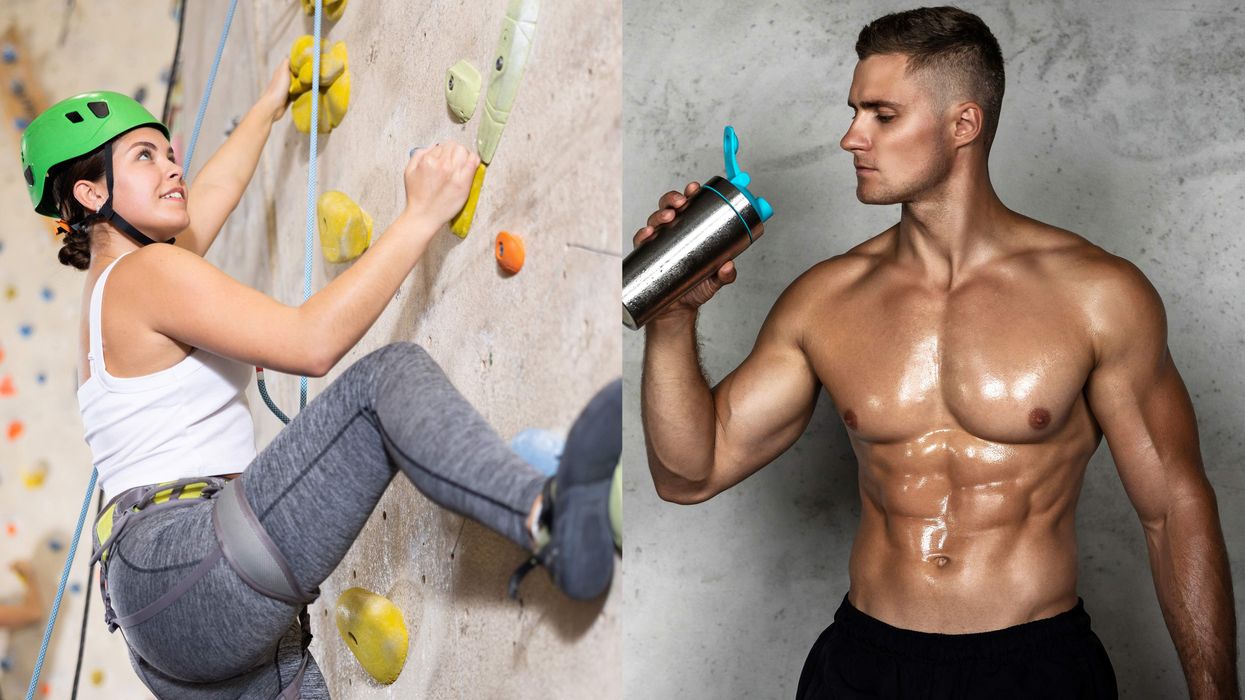
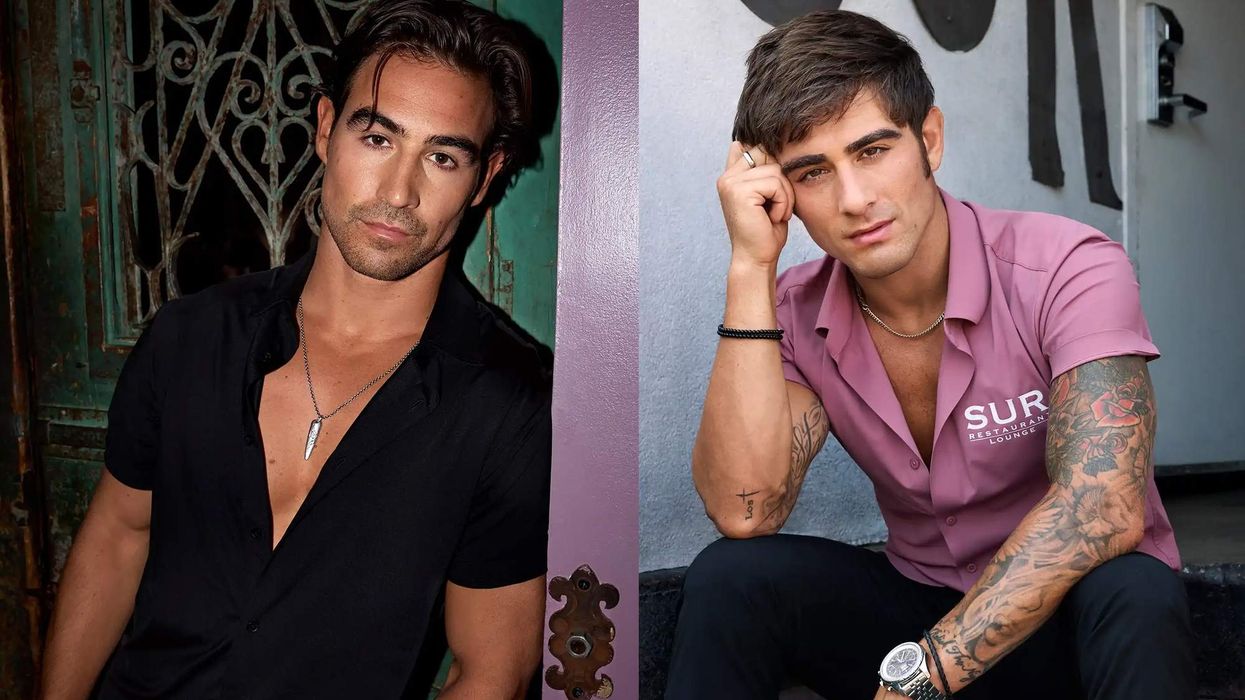
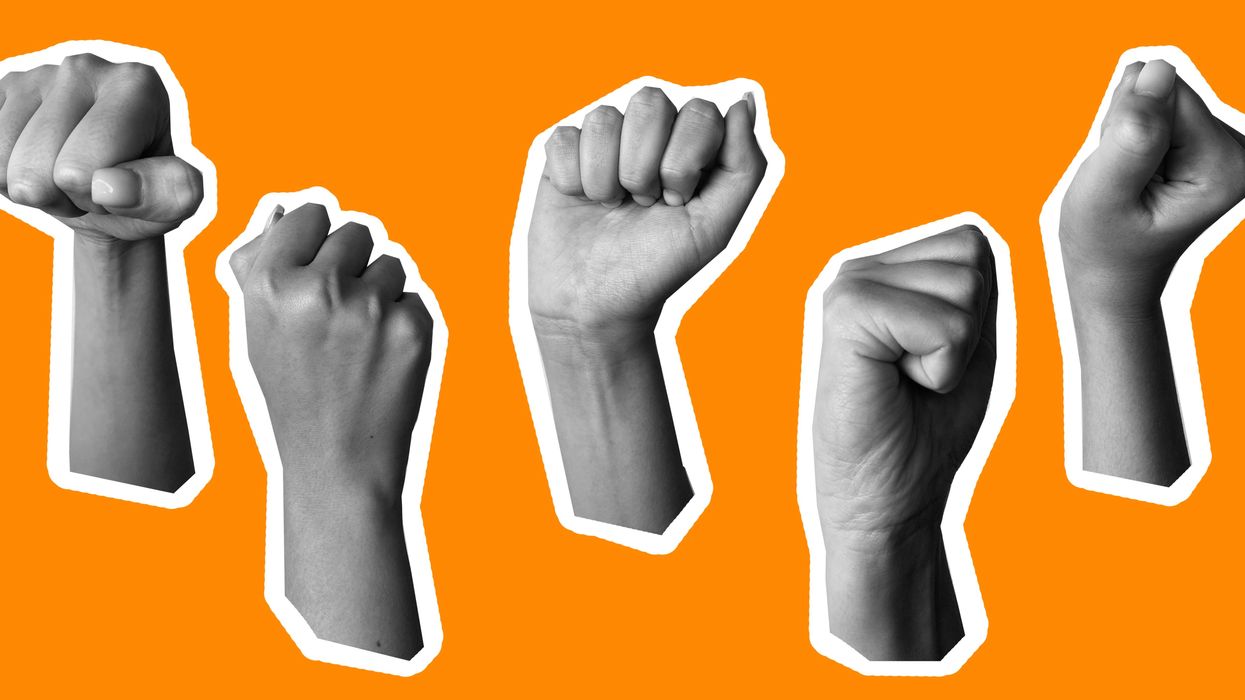






































 Cindy Ord/Getty Images
Cindy Ord/Getty Images
























